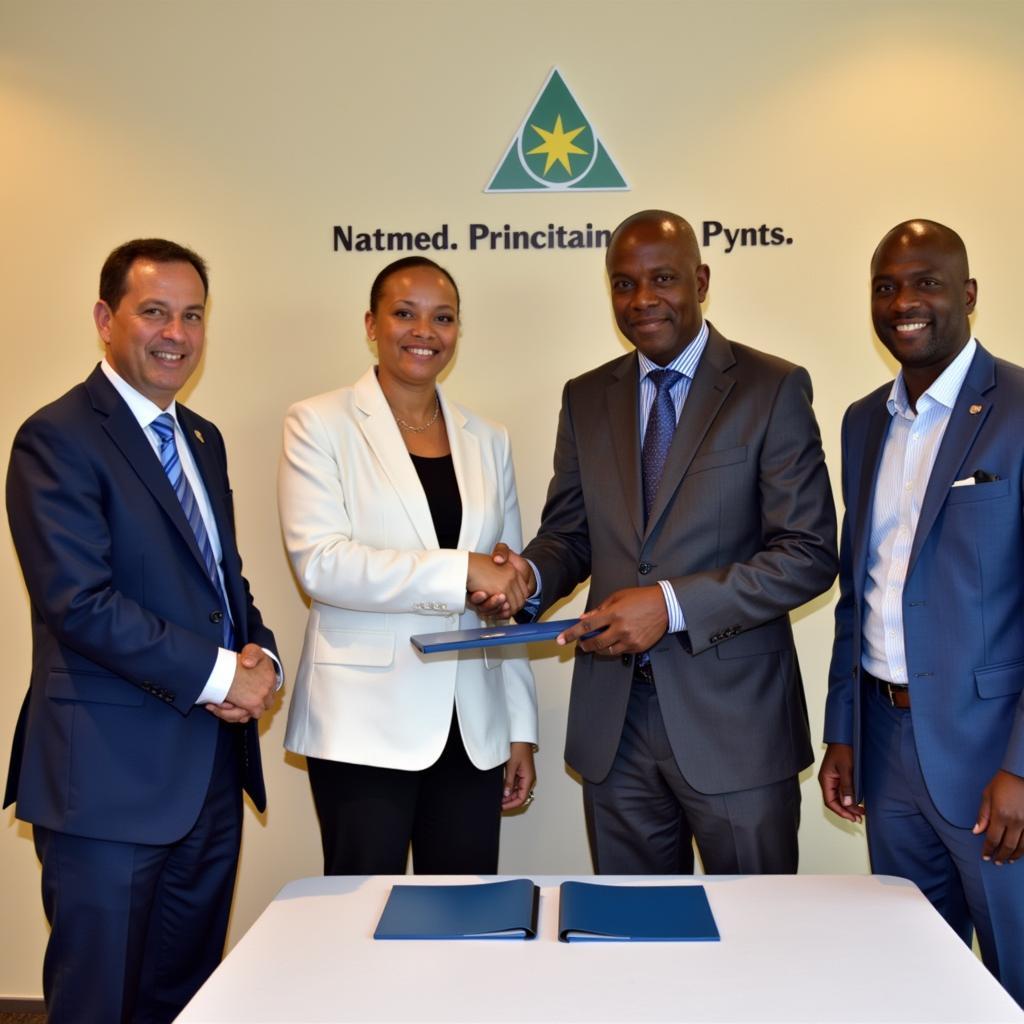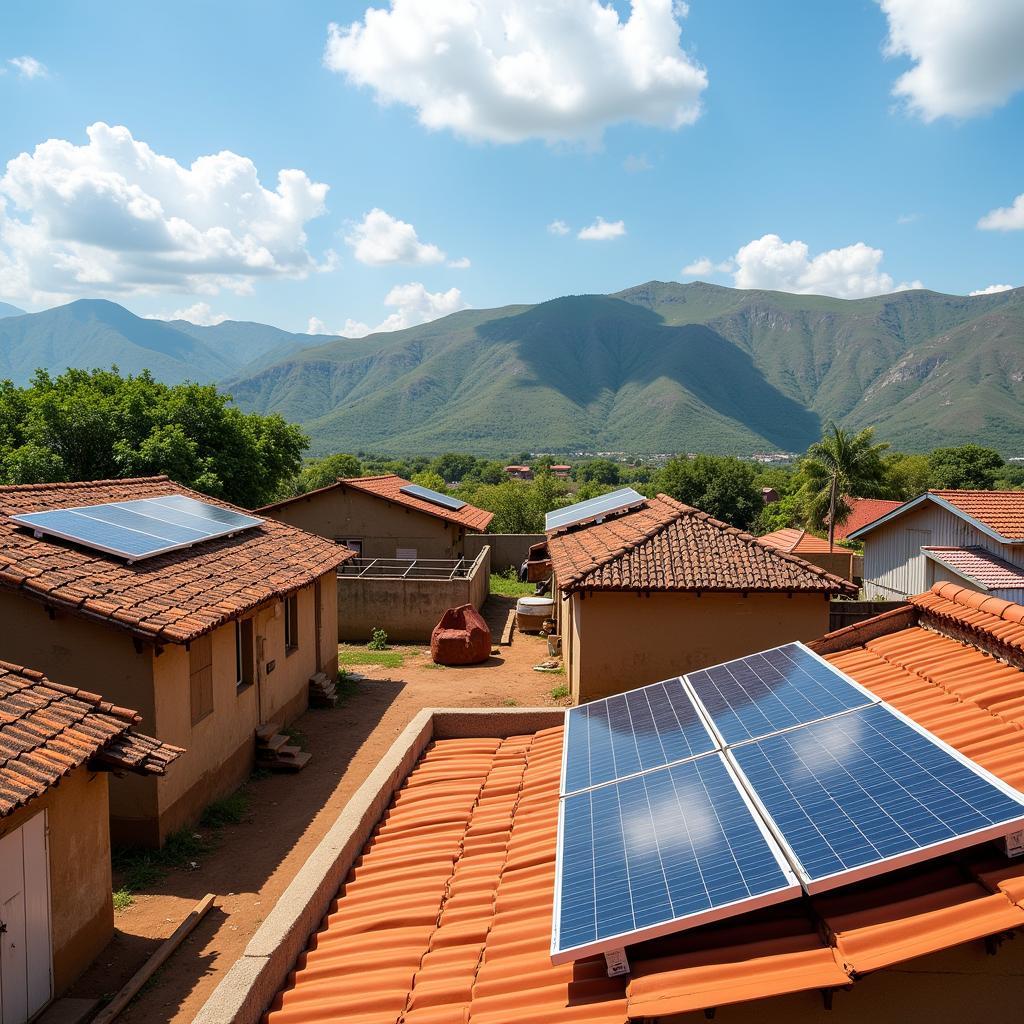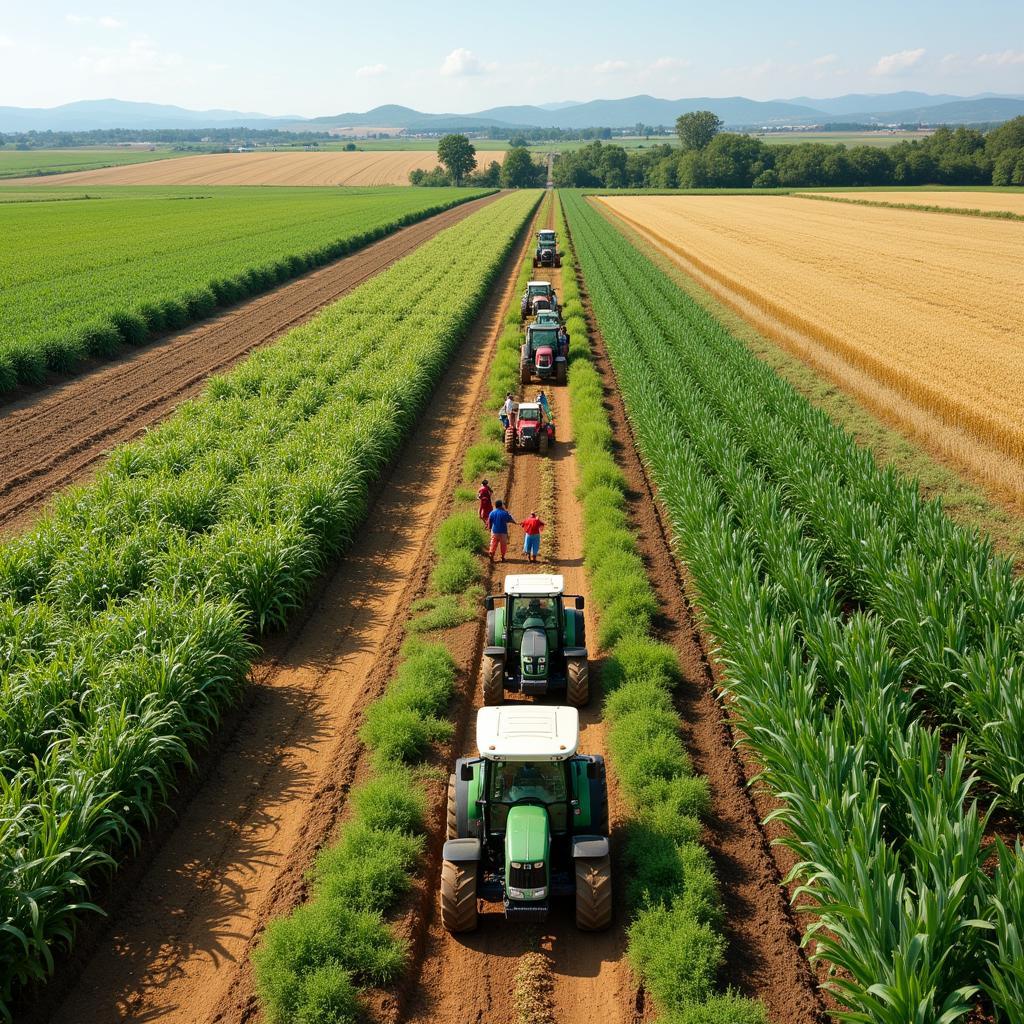The African Development Bank and the International Solar Alliance: A Partnership for Sustainable Development
The African Development Bank (AfDB) and the International Solar Alliance (ISA) have joined forces to accelerate the deployment of solar energy across Africa, a continent with abundant solar resources but facing significant energy challenges. This partnership signifies a crucial step towards achieving universal access to affordable, reliable, sustainable, and modern energy in Africa.
A Powerful Synergy: Combining Expertise and Resources
The AfDB, a leading multilateral development finance institution in Africa, brings to the table its extensive experience in financing infrastructure projects and fostering sustainable development. The ISA, an intergovernmental organization of over 100 countries, focuses on promoting solar energy deployment globally. This collaboration leverages the strengths of both organizations, creating a powerful synergy for solar energy development in Africa.
One of the key areas of collaboration is the Desert to Power initiative, a flagship program of the AfDB that aims to harness the vast solar potential of the Sahel region. The ISA, with its technical expertise and global network of partners, will play a pivotal role in supporting the implementation of this ambitious project.
Overcoming Barriers: Addressing Challenges to Solar Adoption
Despite its immense potential, solar energy adoption in Africa faces several challenges. These include limited access to finance, inadequate grid infrastructure, and a lack of skilled workforce. The partnership between the AfDB and the ISA seeks to address these barriers by:
- Mobilizing Investments: The AfDB, through its various financing mechanisms, will facilitate private sector investments in solar energy projects. This includes providing concessional loans, guarantees, and risk mitigation instruments to attract private capital.
- Strengthening Grid Infrastructure: The AfDB will support the development of robust and resilient grid infrastructure to integrate solar power generation. This involves investing in transmission lines, substations, and smart grid technologies.
- Developing Local Capacity: The ISA will provide technical assistance and capacity building programs to enhance local expertise in solar energy technologies. This includes training programs for engineers, technicians, and policymakers.
 AfDB and ISA Partnership Signing Ceremony
AfDB and ISA Partnership Signing Ceremony
A Brighter Future: The Transformative Impact of Solar Energy
The collaboration between the AfDB and the ISA is expected to have a transformative impact on Africa’s energy landscape. By accelerating the deployment of solar energy, the partnership aims to:
- Enhance Energy Access: Providing millions of people in Africa with access to electricity, particularly in rural and underserved areas. This will improve livelihoods, enhance education and healthcare facilities, and foster economic opportunities.
- Promote Sustainable Development: Reducing reliance on fossil fuels and promoting the transition to a low-carbon economy. This will contribute to mitigating climate change and achieving the Sustainable Development Goals.
- Create Green Jobs: Stimulating job creation in the renewable energy sector, fostering economic growth and empowering local communities.
FAQ
1. What is the main objective of the partnership between the AfDB and the ISA?
The partnership aims to accelerate the deployment of solar energy across Africa to enhance energy access, promote sustainable development, and create green jobs.
2. How does the “Desert to Power” initiative contribute to this objective?
The initiative, supported by both organizations, aims to leverage the vast solar potential of the Sahel region to provide electricity to millions of people.
3. What are some of the key challenges to solar adoption in Africa?
Challenges include limited access to finance, inadequate grid infrastructure, and a lack of skilled workforce.
4. How does the partnership address these challenges?
By mobilizing investments, strengthening grid infrastructure, and developing local capacity in solar energy technologies.
5. What is the expected impact of this partnership on Africa’s development?
The partnership is expected to enhance energy access, promote sustainable development, create green jobs, and contribute to a brighter future for Africa.
 Solar Panels Installed in a Rural African Village
Solar Panels Installed in a Rural African Village
For any inquiries or assistance regarding solar energy development in Africa, please contact:
Phone Number: +255768904061
Email: kaka.mag@gmail.com
Address: Mbarali DC Mawindi, Kangaga, Tanzania.
Our dedicated customer support team is available 24/7 to assist you.



